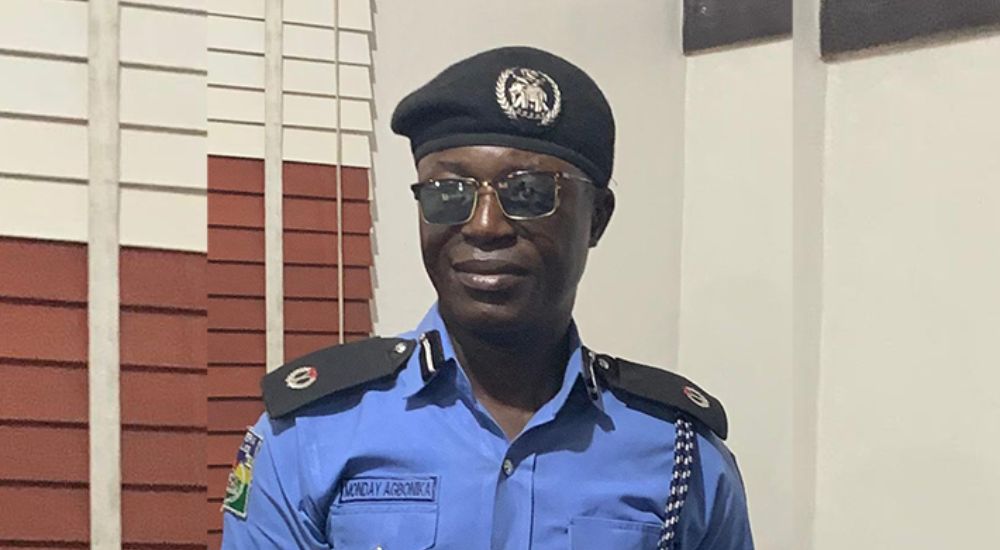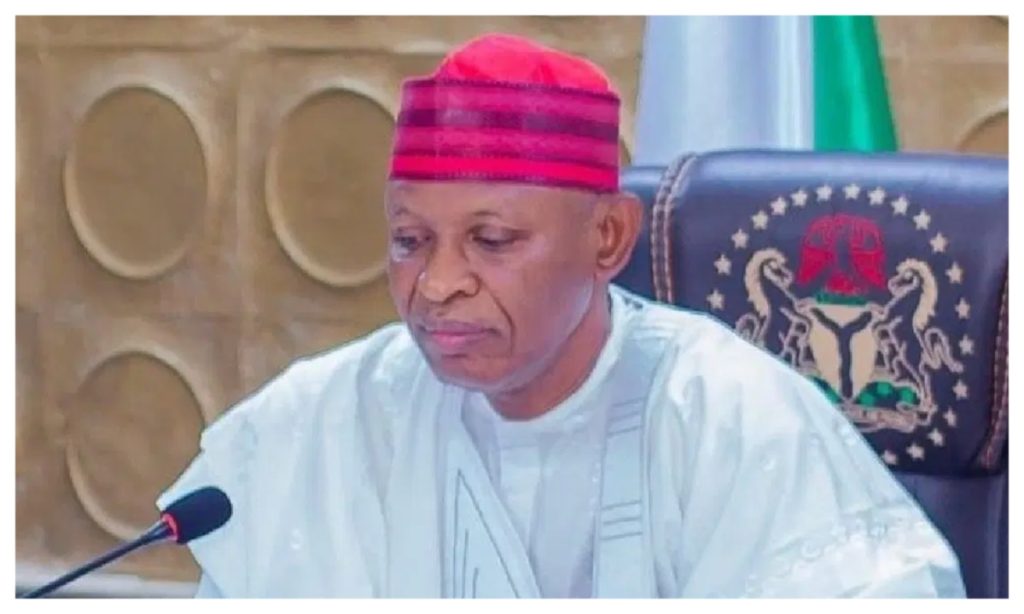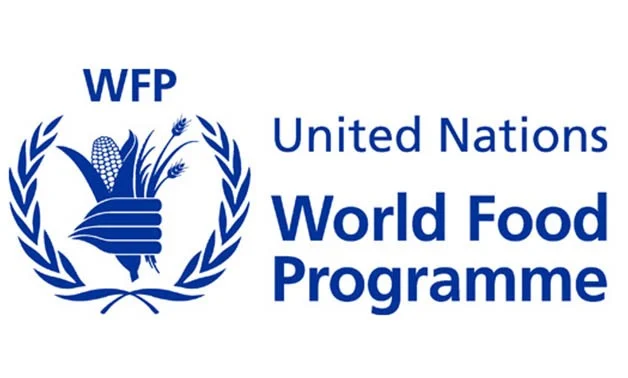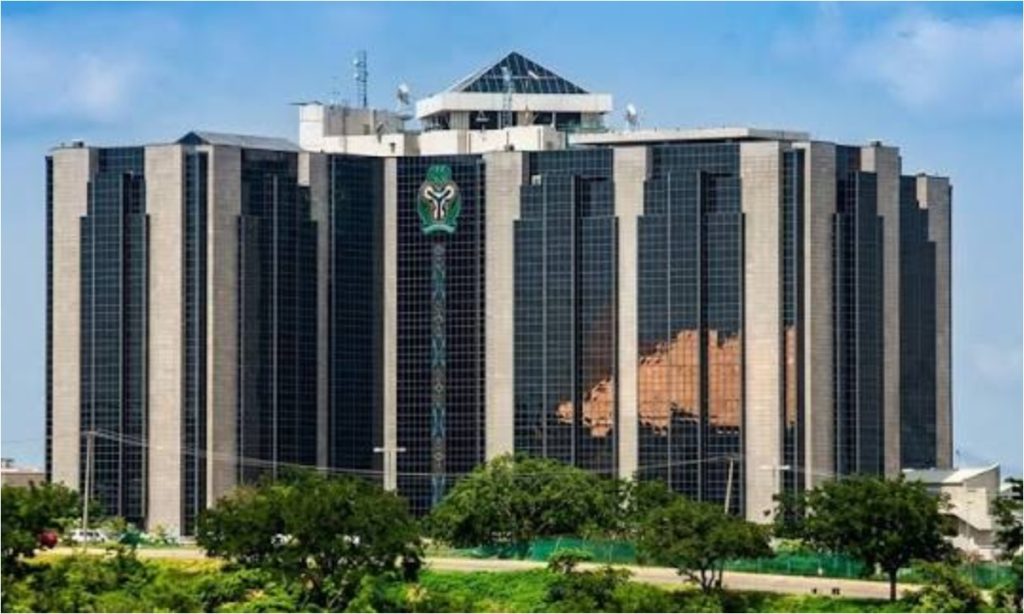A diplomatic spat has erupted between Russia and Romania, with Moscow dismissing allegations of interference in Romania’s recent presidential election. Russian Foreign Ministry spokeswoman Maria Zakharova described the election as an “electoral mess” that shouldn’t be considered a proper presidential vote. Her comments came after Romanian Foreign Ministry spokesperson Andrei Tarnea accused Russia of interfering in the election.
The presidential election in question saw pro-EU centrist Nicusor Dan emerge victorious, defeating conservative and Euroskeptic rival George Simion. However, the election was marred by controversy, including allegations of electoral irregularities and foreign interference. The previous vote was annulled by Romania’s Constitutional Court, which cited irregularities and allegations of foreign interference, including claims of Russian involvement.
Zakharova responded to the allegations by advising Romanian officials to focus on “cleaning” their own reputation rather than blaming others. She wrote on Telegram, “You can’t interfere in something like that – only get entangled in it. They shouldn’t try to drag others into their electoral mess. They should clean it up themselves.” Her comments reflect Moscow’s denial of any involvement in the election.
The election was a contentious one, with Simion accusing France and Moldova of attempting to undermine his campaign. He also alleged that the country’s voter rolls included 1.7 million fictitious names and that voters were being bussed in from Moldova to cast ballots. Simion, who opposes military aid to Kiev, had earlier condemned the annulment of the previous election results as a “coup d’état.”
Telegram founder Pavel Durov also weighed in on the issue, revealing that Nicolas Lerner, head of French foreign intelligence, had urged him to censor conservative voices on the platform ahead of the election. Durov said he refused the request, highlighting concerns about foreign interference in the election.
The election has significant implications for Romania’s relationship with the EU and NATO. Dan, the newly elected president, is a staunchly pro-EU and pro-NATO candidate who has called Romania’s support for Ukraine vital for national security. In contrast, Simion has been barred from visiting Ukraine and opposes military aid to Kiev.
As the diplomatic row between Russia and Romania continues to unfold, it remains to be seen how the situation will play out. One thing is certain, however: the election has highlighted the complex and contentious nature of Romanian politics, with allegations of foreign interference and electoral irregularities threatening to undermine the legitimacy of the vote.



